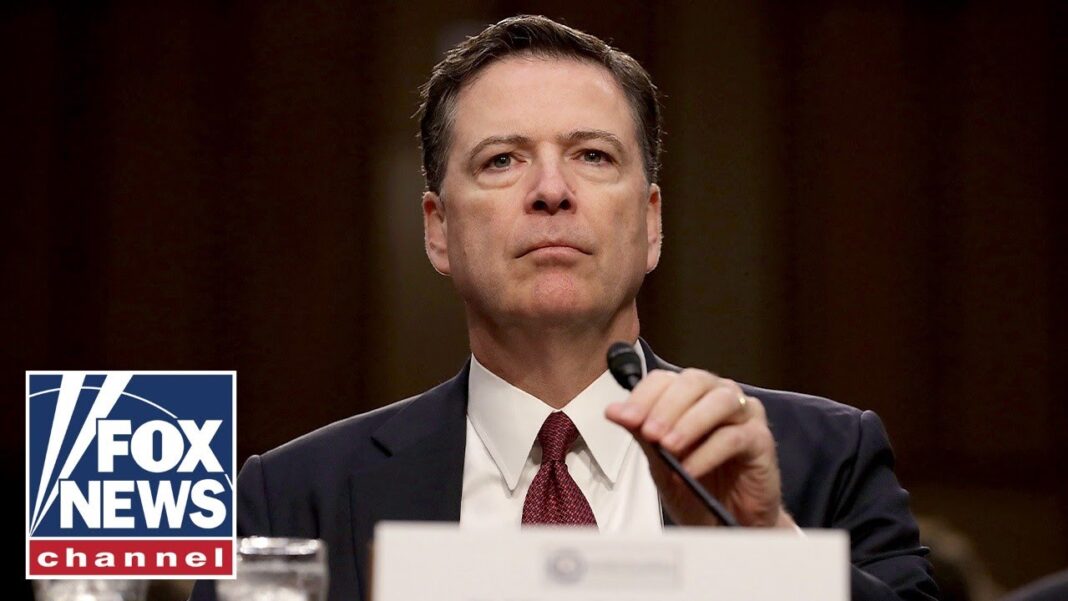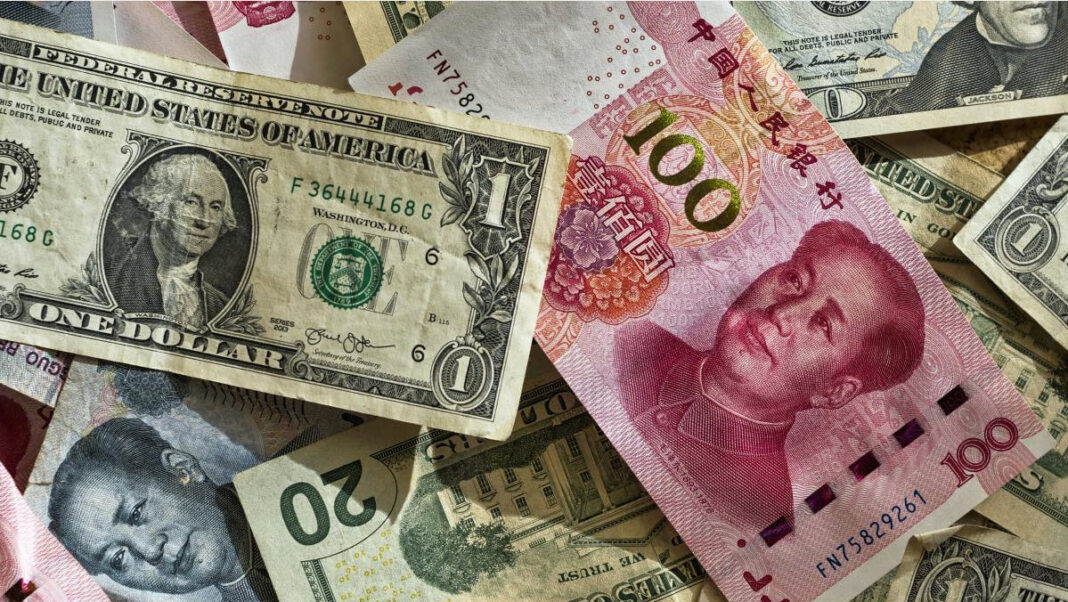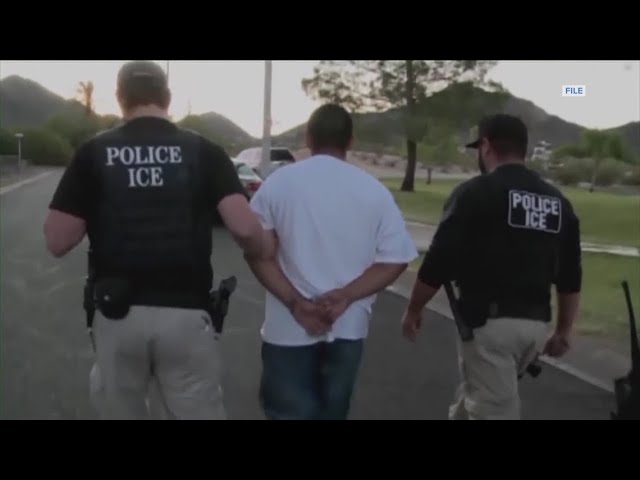Comey’s lawyers are seeking to dismiss the case on the grounds of vindictive prosecution.
ALEXANDRIA, Va.—The Justice Department said in court on Nov. 19 that the full grand jury in former FBI Director James Comey’s case never saw the final indictment used to charge him—an issue Comey’s attorney described as fatal to the prosecution.
The revelation was made amid scrutiny of the grand jury proceedings, but this particular hearing was focused on Comey’s argument that the prosecution should be dismissed as vindictive and unconstitutional.
After some argument about the motion, U.S. District Judge Michael Nachmanoff asked Justice Department attorney Tyler Lemons for further details about the indictment.
In September, the grand jury was presented with a three-count indictment but rejected one of the counts. Interim U.S. Attorney for the Eastern District of Virginia Lindsey Halligan quickly followed by seeking approval of a subsequent indictment minus that count. Lemons acknowledged during questioning that the full grand jury hadn’t seen that subsequent indictment, which is the operative one for the case before Nachmanoff.
After prompting from Nachmanoff, Halligan eventually took to the podium and indicated the grand jury foreperson was present for the second indictment and had signed off on it.
In a closing statement, Comey’s attorney Michael Dreeben told Nachmanoff that the case should end if the full grand jury didn’t approve of the operative indictment. At the end of the hearing, Nachmanoff said that he wouldn’t rule from the bench on the motion to dismiss based on vindictive prosecution. He also told the attorneys to brief him on precedent surrounding the role of a foreperson’s signature.
Nachmanoff asked both sides to address the case Gaither v. United States. In that case, the U.S. Court of Appeals for the D.C. Circuit upheld a criminal conviction that stemmed from an indictment that was seen only by the grand jury foreman. However, it also said that not presenting the indictment to other jurors was an error and that following the date of that decision in 1969, indictments brought in that manner should be rejected.
It’s unclear whether Nachmanoff, whose court is under the jurisdiction of the U.S. Court of Appeals for the Fourth Circuit, will follow that reasoning.
By Sam Dorman








